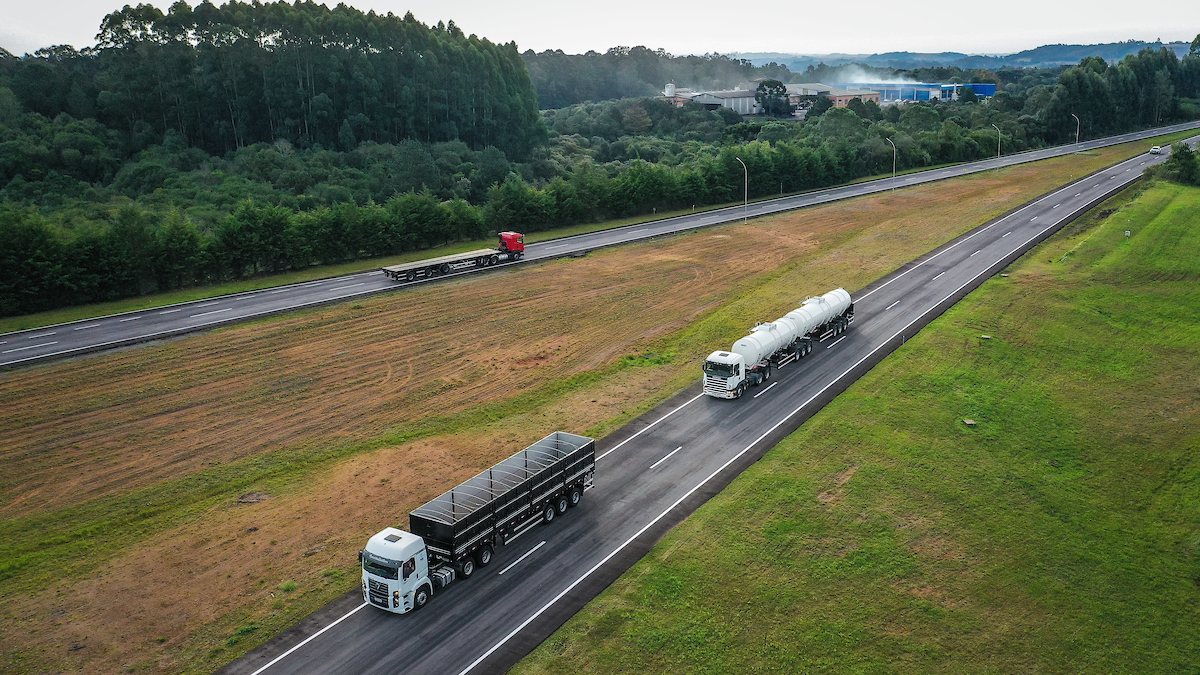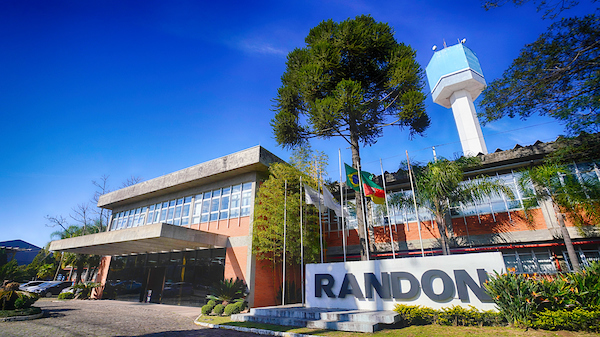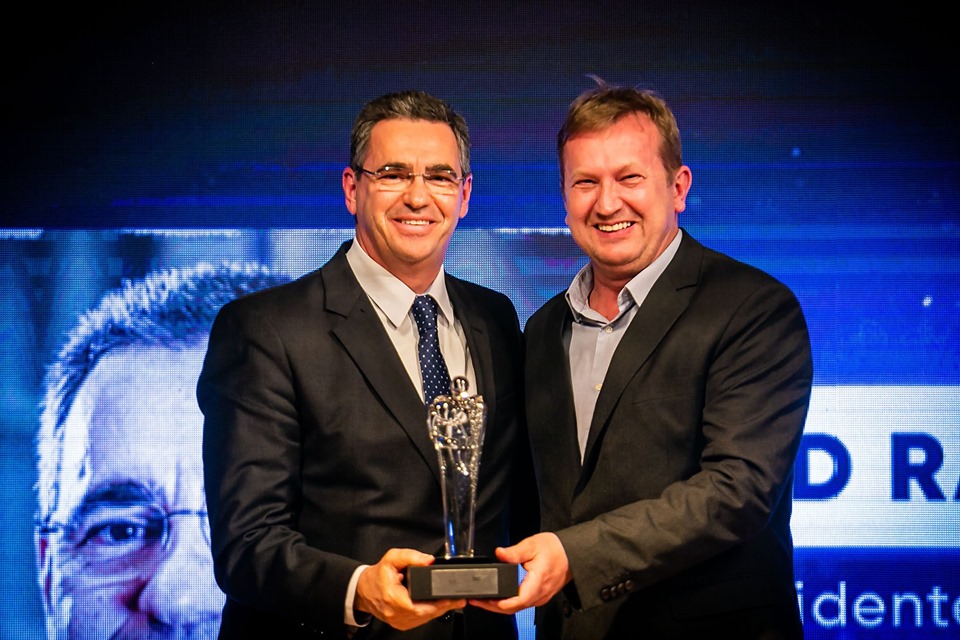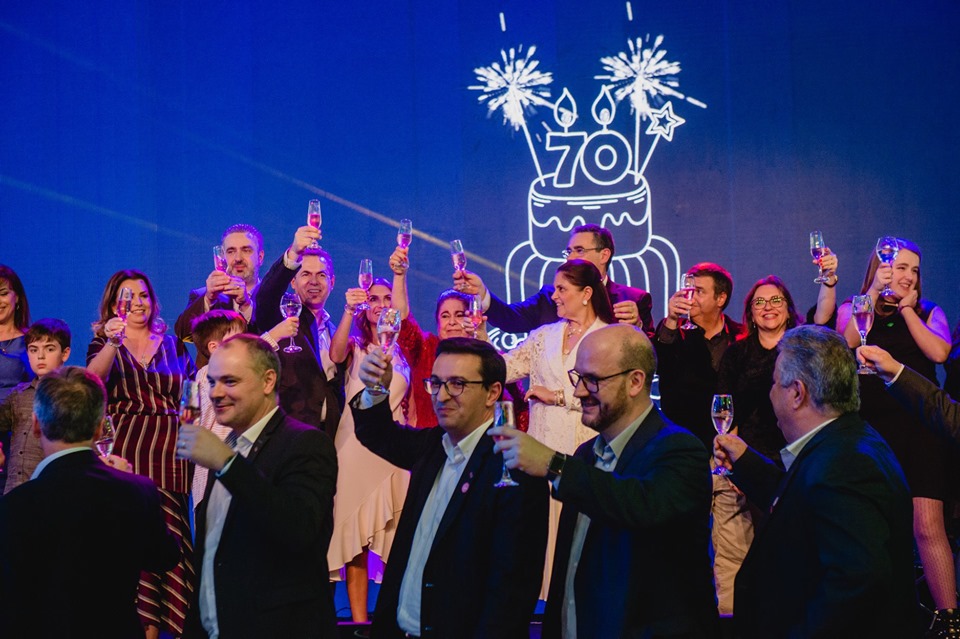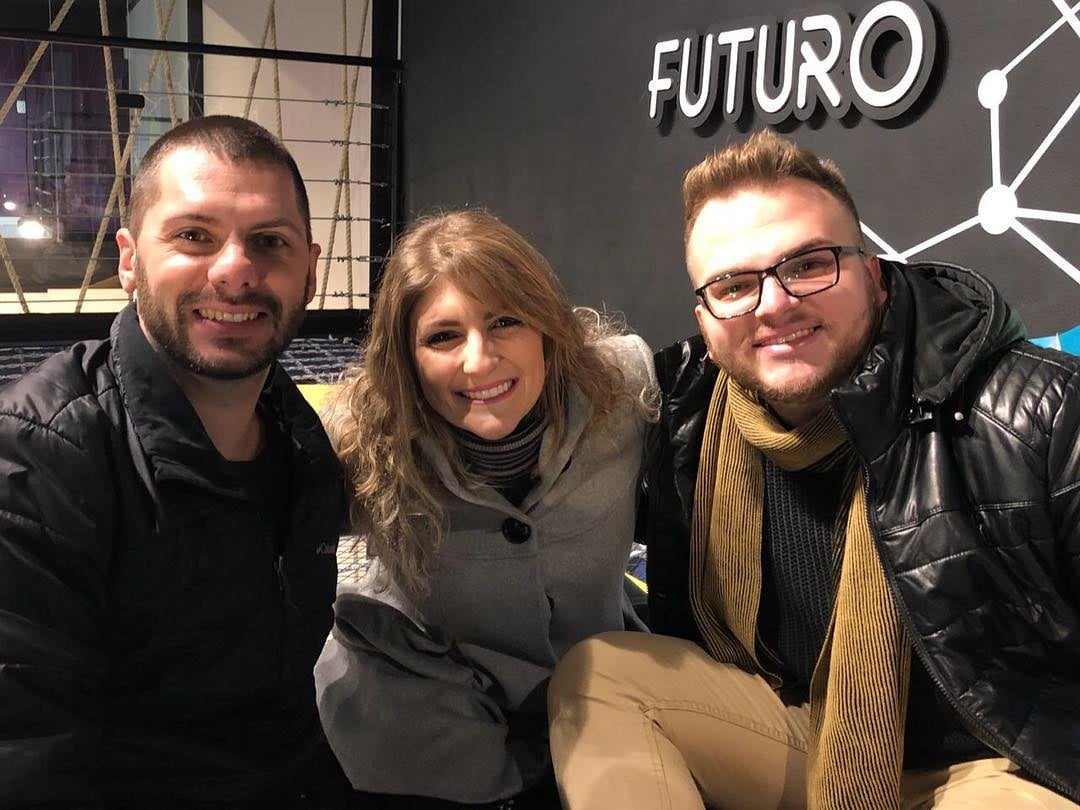With the construction of a new 53,000m² paved area, the Randon Technology Center (CTR) becomes the first in Latin America to have a Vehicle Dynamics Area (VDA in English). The advance will allow dynamic evaluations in commercial vehicles for the development and approval of stability control systems - a legal demand that will be required for the entire Brazilian fleet from 2022. The extension will also feature a special test track for auxiliary braking systems, ABS. The track will be 300 meters long and six meters wide, with escape areas for safe maneuvering. Thus, the complex becomes a different option for the market, with dimensions and load capacities appropriate to the Cargo Vehicle Combinations (CVCs) existing in Brazil.
The work is expected to be completed by mid-2020. Within the Randon Companies environmental policy, the expansion project has the appropriate and additional environmental compensation. Since its conception, the space has been designed to accommodate commercial vehicles up to 16 tons per axle. By the end of the execution, it will be fully qualified to service the full range of automotive and towed vehicles in circulation, including passenger cars and motorcycles.
“The entire complex has been carefully designed, developed and structured to meet the unique characteristics of cargo vehicle combinations provided for by the Brazilian law”, says Cesar Augusto Ferreira, director of Technology and Product Innovation, Randon Companies' Auto Parts Division.
Regarding legislation, the news came precisely to anticipate the fulfillment of a legal determination that will come into force in stages and will be fully in force in 2024: CONTRAN Resolution No. 641, which will require stability control throughout the national fleet. “The legislation provides for strict parameters and specific maneuvers for vehicle approval, including semi-trailers. These are needs that we are ready to meet at CTR”, explains Ferreira.
With an investment of approximately BRL 10 million in the expansion, the 87-hectare complex which, today, has more than 20 different types of tracks will have new and improved areas for dynamic testing. Beyond that, around BRL 3 million were recently added to increase the structural laboratory, expanding even more the testing capacities to serve the assembly companies and the Randon Companies.
“The accelerated durability tests process provides agility to the launch of products, guaranteeing safety and reliability. Factors that have increasingly demanded tests in controlled environments and structural laboratories, where the signals collected in an intense and monitored manner are repeated in the field. This move further strengthens CTR as a hub for innovation and testing”, finishes Ferreira.
In the current structure, high-speed sections, off-road, braking, slalon and special sections such as river rock, cobblestones, chops, body twist and ramps are already available. Performance checks, fuel consumption, pass-by-noise, CicloAMA, Coast Down (accredited by INMETRO), subjective and objective evaluations are also performed. The space has a 2,200m² workshop destined to the preparation, instrumentation and operation support.
In the seismic-based structural laboratory, in addition to the accelerated durability tests, safety-related tests are performed such as Roll Over Protection Structures (ROPS), Safety Belt Anchor and Isofix. Another highlight is the controlled access: CTR offers full capacity to operate under strict conditions of secrecy and confidentiality. It is in this technology and development complex that the new vehicles of major automakers installed in Brazil are tested.
Photo: Jefferson Bernardes


